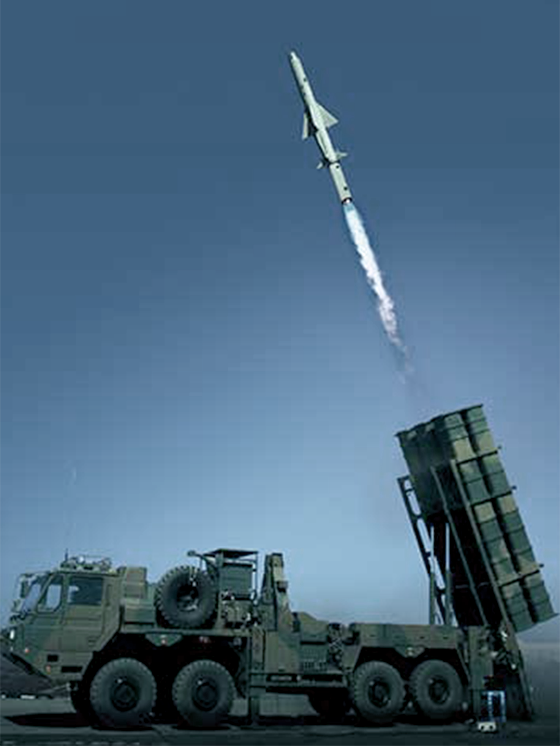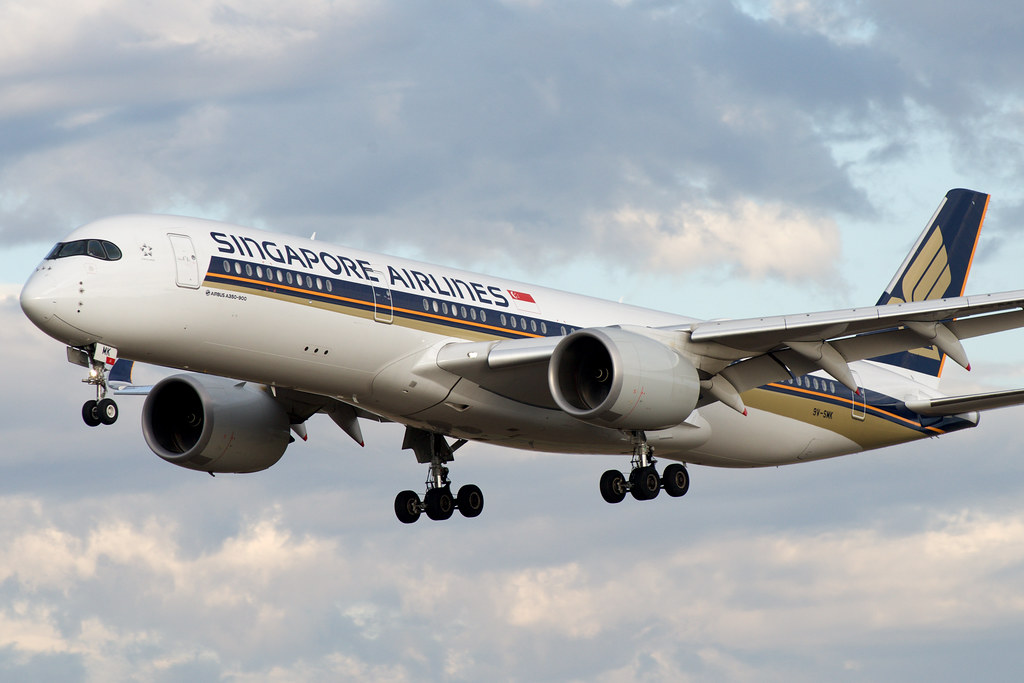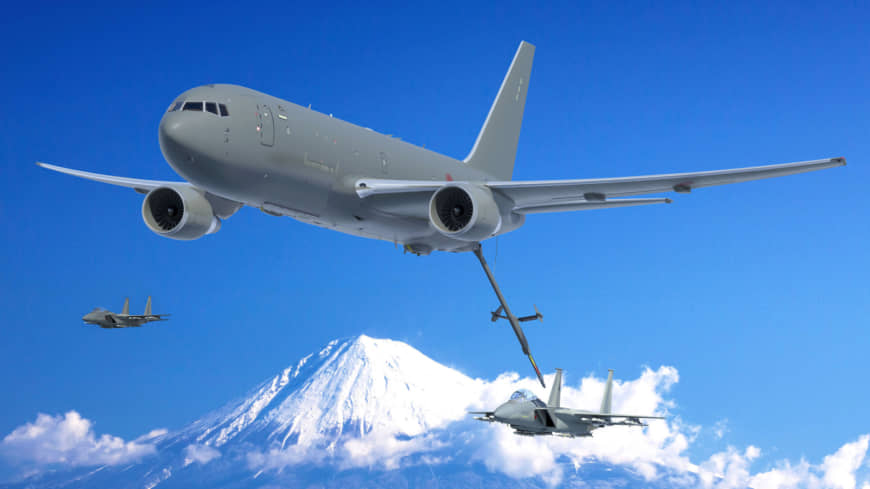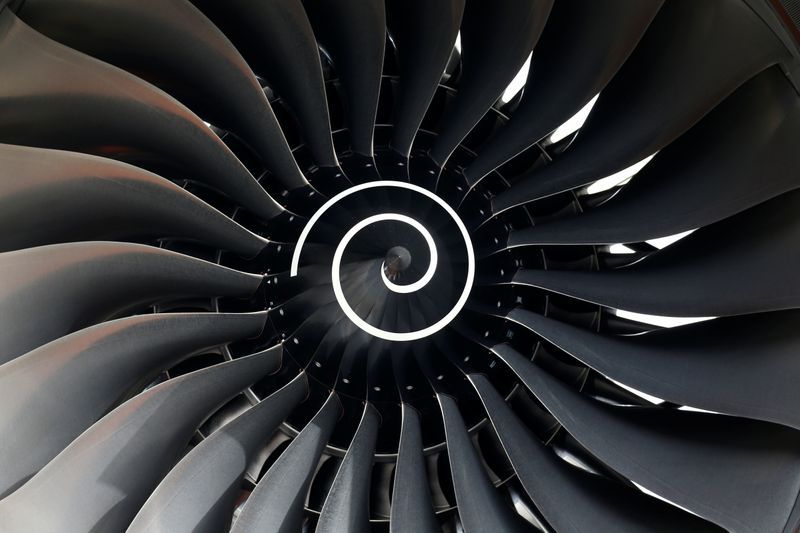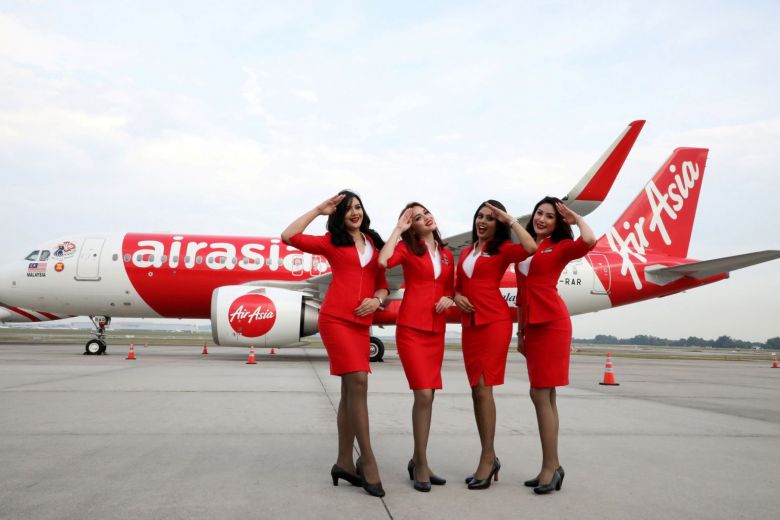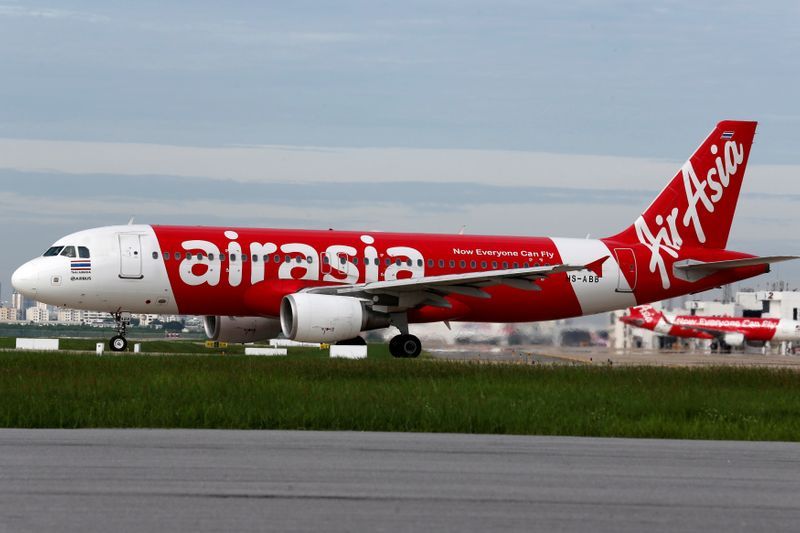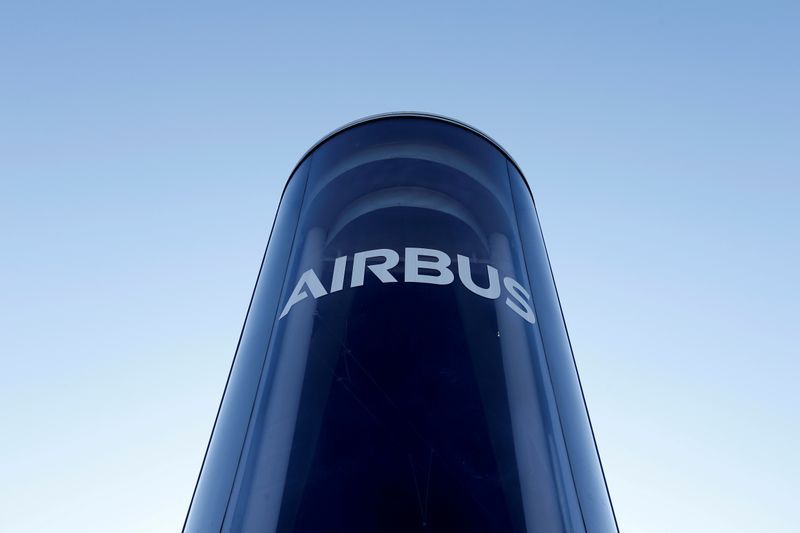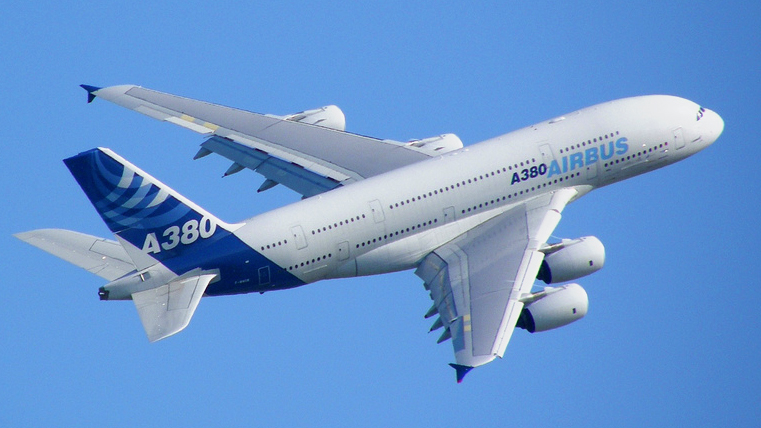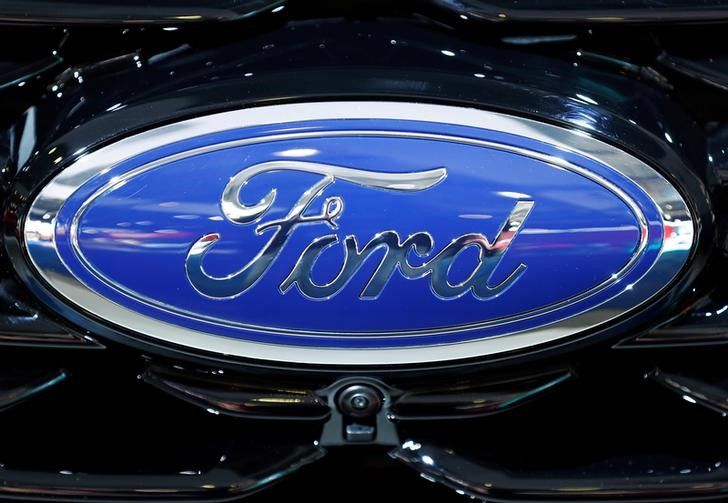Tokyo, Japan – Mitsubishi Heavy Industries (OTC: MHVYF) announced that order intake rose 75.1% year over year to 1.6 billion Yen in the quarter ended June 30, 2023. Revenue rose 12.9%, resulting in profit from business activities (business profit) of 51.9 billion Yen, a 248.1% increase from the previous fiscal year, which represents a profit margin of 5.3%. Profit attributable to owners of parent (net income) was 53.1 billion Yen, an increase of 177.1% year-over-year, with a profit margin of 5.4%. EBITDA was 85.1 billion Yen, an 80.3% increase from Q1 FY2022, with an EBITDA margin of 8.7%, up 3.3 percentage points year-over-year.
Large orders growth in Energy Systems was driven by Gas Turbine Combined Cycle (GTCC), which continues to see strong demand for both new builds and after-sales services. Business profit in the segment increased by 27.0 billion Yen due to a reduction in one-time charges in the Thermal Power businesses as well as revenue growth and improved project margins.
In Plants & Infrastructure Systems, revenue increased by 33.8 billion Yen due to contributions from Metals Machinery and Engineering, while business profit improved by 5.0 billion resulting from increased revenue in Metals Machinery as well as positive developments in Engineering and Machinery Systems’ project mix.
In Logistics, Thermal & Drive Systems, successful passthrough of cost inflation to sales prices mainly in Logistics Systems and Heating, Ventilation & Air Conditioning (HVAC) led to 14.3% increases in order intake and revenue, respectively. Cost passthroughs in these businesses also helped to raise the segment’s business profit by 15.3 billion Yen.
Most notable this quarter is the striking growth in Aircraft, Defense & Space order intake, specifically in Defense & Space, which saw orders rise by 584.1 billion Yen. This is due to large orders for missile defense systems from Japan’s Ministry of Defense as the country seeks to improve its capabilities in this area.
